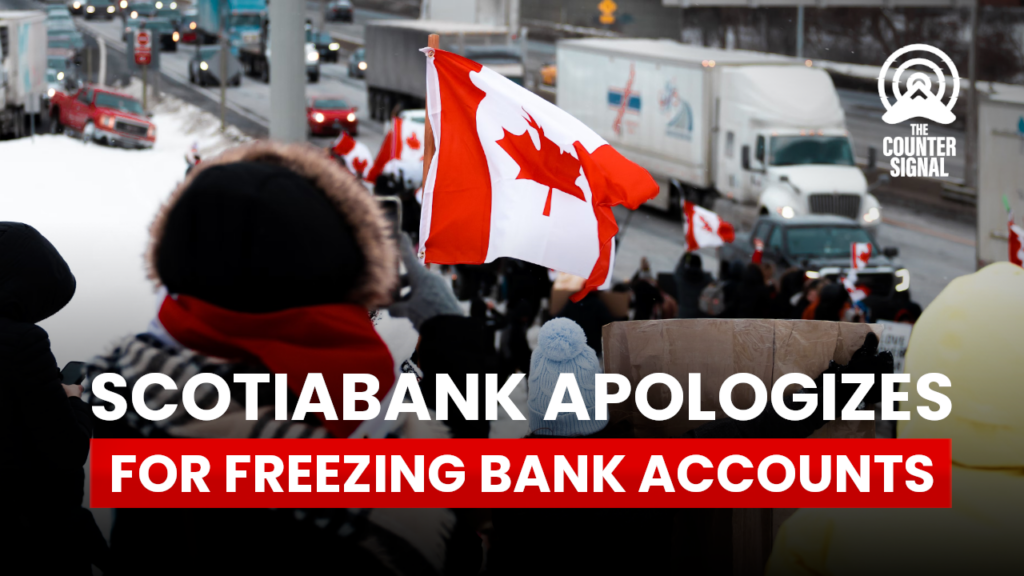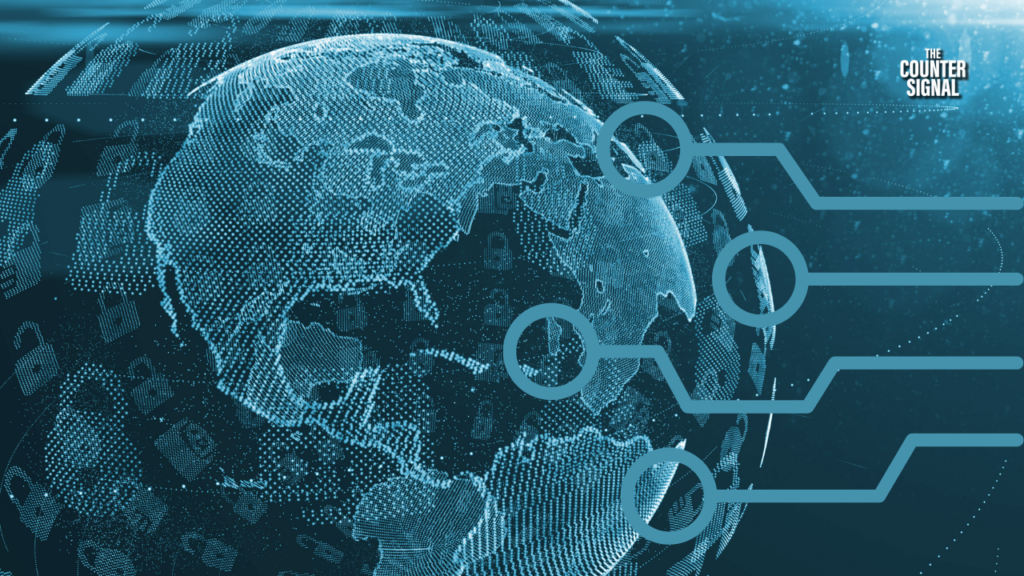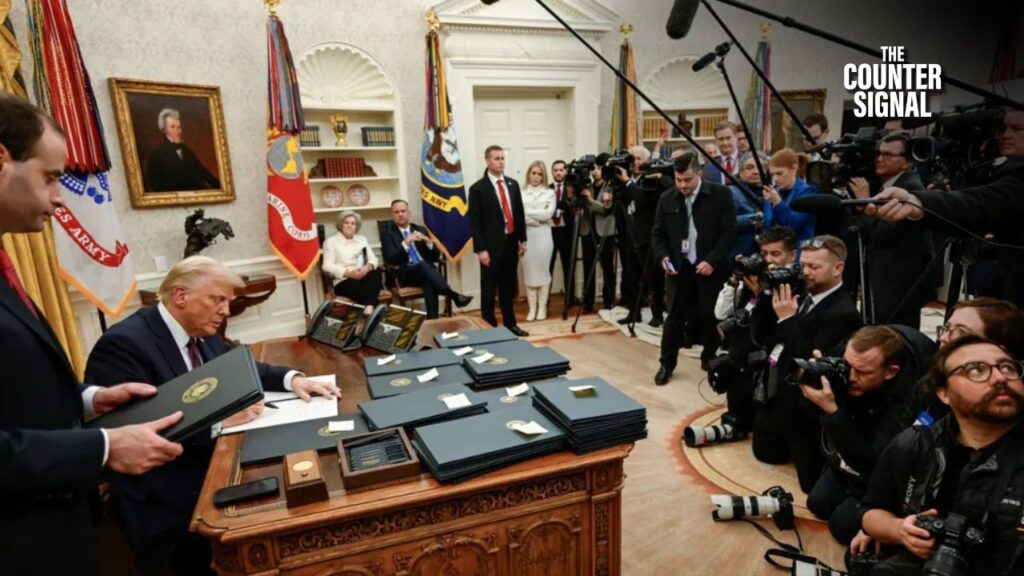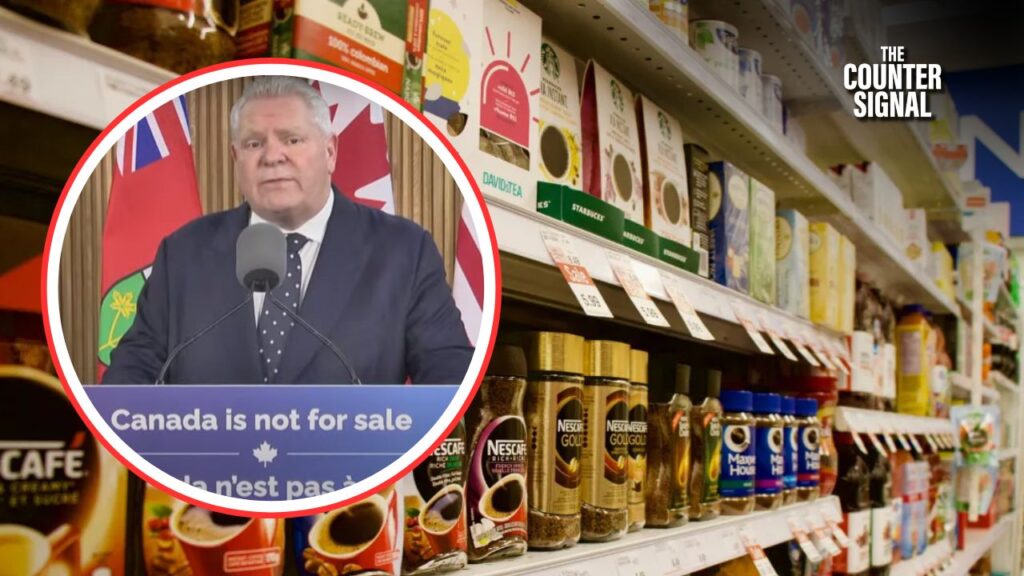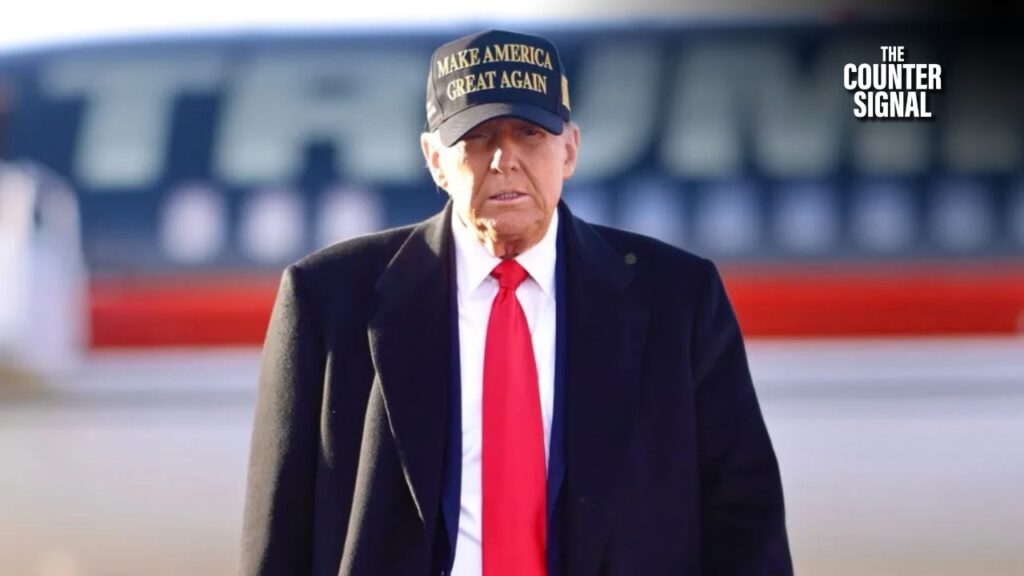Scotiabank has become the first Canadian bank to apologize for freezing people’s bank accounts, specifically the account of Freedom Convoy organizer B.J. Ditcher.
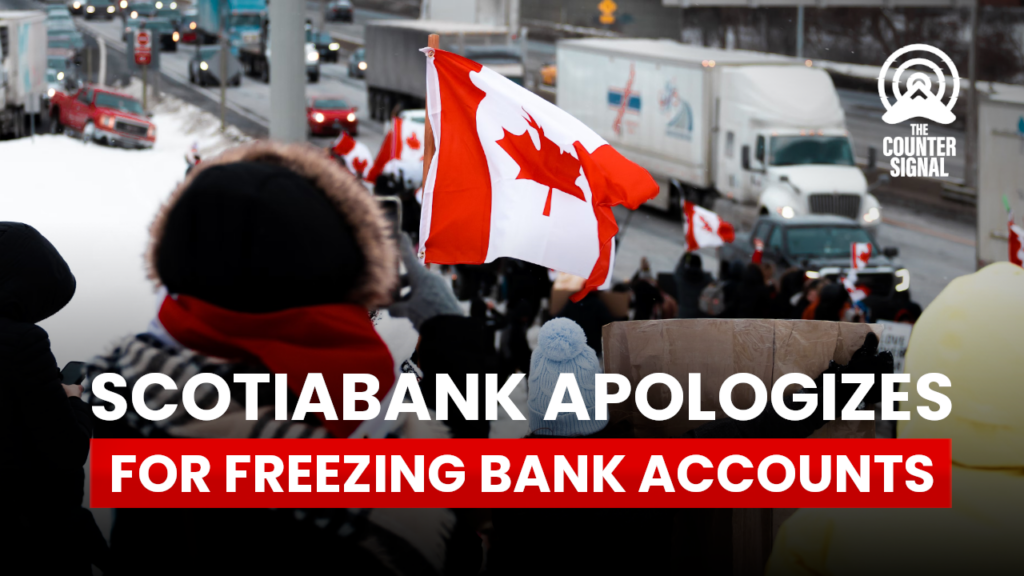
“We understand you raised a concern regarding your personal accounts having a hold placed on them. Please accept our sincere apologies for the frustration and inconvenience this situation may have caused and thank you for your patience while we prepared our response,” Scotiabank wrote in an email to Ditcher that can be found on his Substack.
“We can confirm that financial institutions acted quickly to unfreeze accounts after the RCMP notified us that it believes that individuals and entities previously identified are no longer engaged in conduct or activities prohibited under the Emergency Measures Regulations.”
Scotiabank continues, stating that while they’ve unfrozen most accounts, some may remain frozen due to other legal issues.
“While most customer accounts have been unfrozen, it is important to remember that some accounts may be frozen for a variety of other reasons, including to comply with court orders or proceedings related to illegal activities or other unrelated legal matters,” Scotiabank writes.
While it’s good that at least one bank has apologized for wrongfully restricting access to Canadians’ bank accounts, there’s little evidence that the Prime Minister had the authority to order these restrictions in the first place. Furthermore, it speaks volumes about the untrustworthiness of Canadian banking institutions that complied without a second thought.
Indeed, despite Chrystia Freeland’s claims that the Freedom Convoy was engaged in “terrorist financing” — the main argument used by the government to justify freezing bank accounts — FINTRAC Deputy Director of Intelligence Barry MacKillop disagreed completely, stating that there was never any evidence to support claims of ideologically motivated, violent extremism.
During a public safety committee meeting, MacKillop said, “What’s happening in Ottawa has not been, to my knowledge, identified as ideologically motivated, violent extremism. [sic] might come into Canada to support ideologically motivated, violent extremism, and the United States would be extremely concerned about money leaving the States or funding such extremist views or extremist actions. Our partners in FINs are quite alive to this; we share a lot of intelligence back and forth with respect to IMVEs, with respect to travelling and people who want to leave the country to participate in terrorist activities, for example.”
“…. the sources of funding that we’ve seen today, we have not seen a spike in — as you know, I can’t speak to specific reporting or reporting on any individuals or organizations — but we have not seen a spike in suspicious transaction reporting, for example, related to [the Freedom Convoy in Ottawa].”
